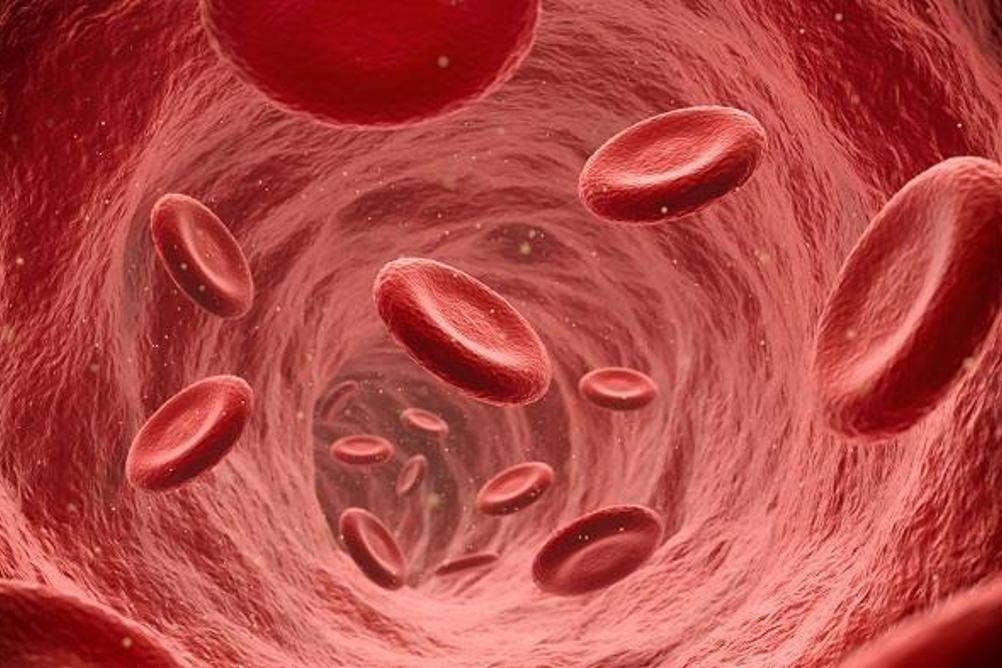
Lupus (systemic lupus erythematosus, or SLE), is a chronic autoimmune condition that causes inflammation and can damage any part of the body. The cause is currently unknown, although research has indicated that genetics, hormones and certain infections, including viruses, may be factors. Symptoms may vary, but patients often experience joint pain, painful facial rashes, hair loss, oedema, pain when breathing deeply or lying down, headaches, depression, abdominal pain, sensitivity to the sun and a high incidence of oral health problems.
Inflammation in the body caused by SLE can have a devastating impact on a patient’s overall health, in severe cases affecting kidney function, damaging the brain and central nervous system and affecting cardiovascular health. With such a long list of possible symptoms, as well as periods of remission between flare-ups, lupus can be difficult to diagnose. No single test can detect the condition, so a number of blood and kidney function tests are used. There is no cure, but a combination of treatments can be effective in managing many of the symptoms. SLE commonly affects adult women, more than men by nine to one. It is thought that currently, up to 50,000 people in the UK have the condition. Lupus affects people of
Register now to continue reading
Thank you for visiting Dental Nursing and reading some of our resources. To read more, please register today. You’ll enjoy the following great benefits:
What's included
-
Up to 2 free articles per month
-
New content available
Already have an account? Sign in here
